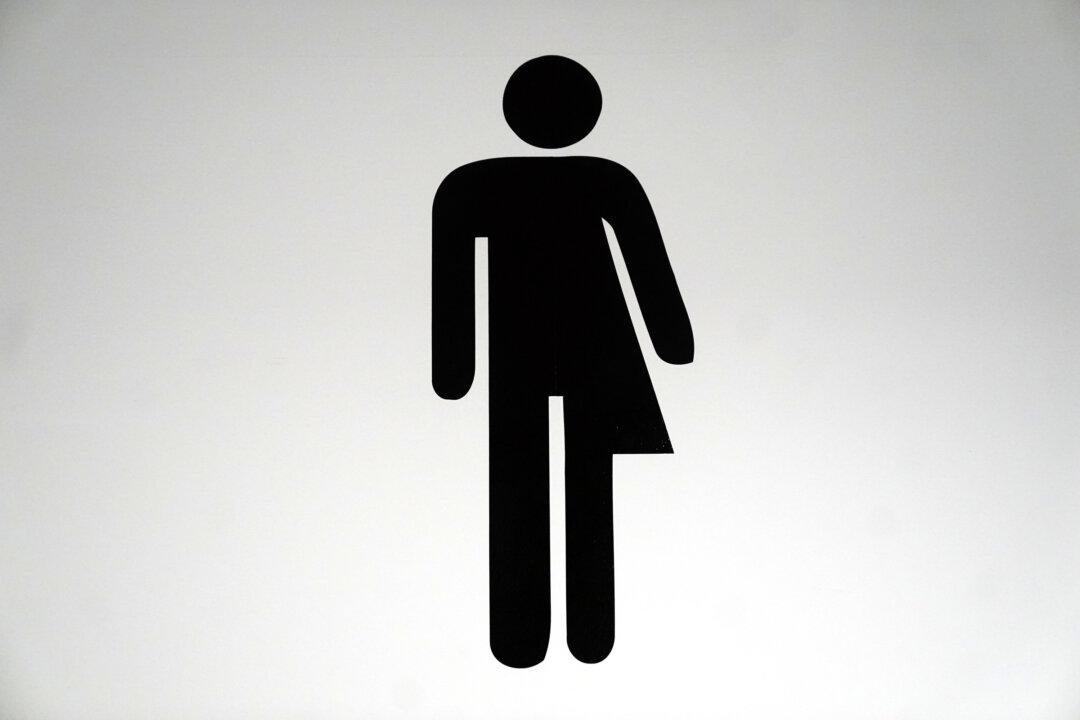The UK’s human rights watchdog may lose its seat at the U.N. Human Rights Council after it was put under review following lobbying by transgender activist groups.
Baroness Falkner of Margravine, chairwoman of the Equality and Human Rights Commission (EHRC), said the watchdog experienced “targeted action” by campaign groups following its advice to the government in April, in which it backed the idea of defining “sex” as biological sex in the UK’s equality law.





